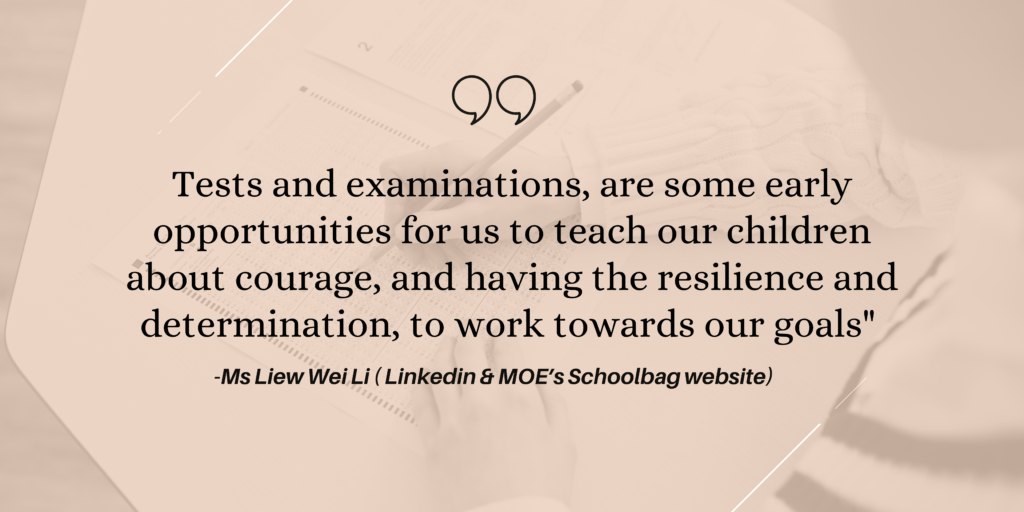


1) Build a strong emotional connection with them
Children develop coping skills within the context of caring relationships, so it’s important to spend one-on-one time with them.
When your child knows that they have the unconditional support of a parent, family member, they feel empowered to seek guidance and make attempts to work through difficult situations
The presence of a responsive adult can also help to reverse the physiological changes that are activated by stress
2) Talk to your child about problem solving
Talk to your child about how they might address a problem, rather than rushing in to solve the problem for them.
Sometimes scooping them up and giving them a steady place to be is exactly what they need to find the strength to move forward. The main thing is not to do it every time.
Exposure to challenges that they can manage during childhood will help build resilience ensure that they are more able to deal with stress during adulthood.

3) Building resilience via a growth mindset
Research has found that children who have a growth mindset – the belief that people have the potential to change – are more likely to show resilience when things get tough.
Encourage your child to view challenges and failures as opportunities for growth and learning, rather than as personal shortcomings.
4) Become a role model for your child
You can role model calm and rational problem-solving when something doesn’t go as expected.
Talk out loud the thought process you are having in solving a problem.
Your child can see what problem-solving looks like, and also that the problem can be worked through in a calm way to find a solution.
When experiences are normalized, there will be a safety and security that will open the way for them to explore what those experiences mean for them, and experiment with ways to respond.
Our tutors will guide your child…
- How to use the right keywords to get full marks for open-ended questions
- The MUST KNOW topics for exams.
- Techniques to answers various question types.
- How to write essays/compositions that teachers WANT.
- Strategies to solve word problems.
To find out more about our teaching methods & how students are able to excel with us, click on the buttons and links below



